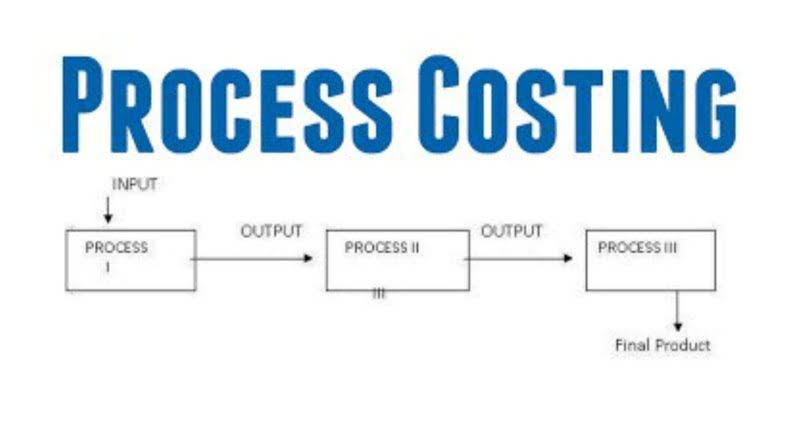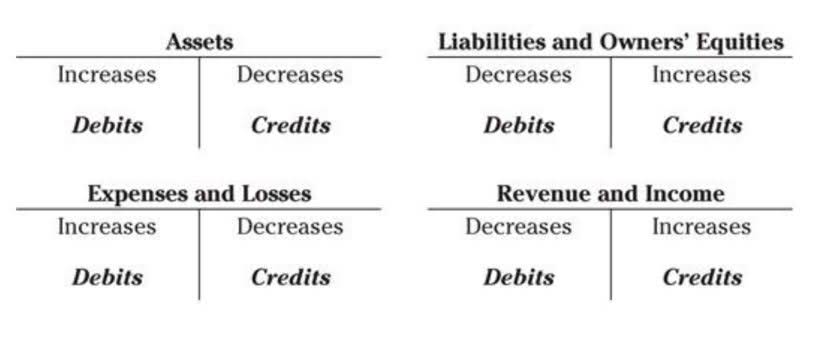
A corporation is the resulting legal entity that separates the firm’s assets and income from its owners and investors. Corporations are also easier to invest in as compared to sole proprietorships and partnerships. For a sole proprietorship, the single owner of the business needs to bear all the capital requirements of its operations which makes it an expensive and risky form of investment. In 1985, two energy companies were merged to form the Enron Corporation, based in Houston, Texas. A general partnership leaves you open to personal liability for business debts or business lawsuits.

Tax Flexibility
Your choice between a partnership and corporation will affect your taxes, liability, access to capital and management structure. If you are still undecided on which business structure to choose, take some time to understand the major differences between a corporation and a partnership. Consumers have more confidence when working with a corporation. Consumers want value in the products and services they purchase.

The 7 Benefits of Forming a Corporation
Thankfully, the attorneys of UpCounsel have the experience, knowledge, and understanding to get the job done right and give excellent advice. Post your legal need if you need help choosing one advantage of a corporation is which business entity is best for you or whether to form an S Corp or a C Corp. Operating an incorporated may be more expensive based on the filing, reporting, and administrative fees.
- No educational requirements, licensures, or examinations are required to incorporate.
- For a more comprehensive comparison, Practical Law’s Entity Comparison Chart highlights the various structure, liability, tax, and management differences of business entities, including C corps and S corps.
- Once someone incorporates a business using the B, C, or S corporation option, it is possible to reserve the company’s name for use in that jurisdiction for a small registration charge.
- As such, an S corporation does not have to pay a corporate tax, thereby saving money, as corporate taxes are higher than ordinary taxes.
- With the number of obligations required in this category, it can make management a bit tricky when compared to the B- or C-corp status.
Partnership vs. Corporation: Key Differences and How to Choose
All three types of partnerships are pass-through entities in which owners report their share of business income and losses on their personal tax returns. When deciding on a business entity structure, many small business owners find themselves having to choose between a partnership vs. corporation. The choice will have important implications for your legal exposure, management structure and, ultimately, your bottom line. Although they sound similar, there are differences between an LLC and a limited liability partnership (LLP). LLCs and corporations also need to make required filings and reports to stay in good standing with the state.
Additional resources for startups and small businesses
Most convictions lead to financial penalties, but Martin Grass, the former CEO of Rite-Aid, received a plea agreement to serve eight years in prison for his conduct. You can own shares of a business without being part of the decision-making process. This structure helps to make the company operate as efficiently as possible. Investors don’t need to get involved with the daily operations of the business to earn a return from their activities.
- Consumers want value in the products and services they purchase.
- Corporation Forms is a looseleaf, multivolume set that eliminates the need to draft documents from scratch — from pre-incorporation agreements to the dissolution of a business.
- The cost of your LLC will depend on a number of factors, like your state, the service you book with and any extras like an operating agreement.
- Corporations go through more audits than other business structures.
- S-corporations have limitations on the number of shareholders that it can manage, but that restriction goes away under the C-corp structure.
As owners, the shareholders are entitled to receive the profits of the company, usually in the form of dividends. To form a corporation in the U.S., it is necessary to file articles of incorporation with the state in which it will be registered. In the U.K., Ireland, and Canada, corporations may use the abbreviation Ltd., which stands for « Limited, » after the company’s name.

You do have the freedom to pursue the initial documentation in whatever state you prefer, there are registration processes to follow to do business in any state outside of your home one. You must follow the individual processes to ensure that you stay in compliance. A corporation can lose its way when there isn’t consistent leadership at the top. Sometimes this issue occurs because of the presence of fractional equity shareholders, but it usually happens when there isn’t enough personal accountability built into the system. The leadership team must have some level of oversight present in the daily operations to ensure the efforts made are ethical and authentic. Small businesses often operate under a single-owner structure where one person calls all of the shots.
Minimize your tax bill
Jane Haskins practiced law for 20 years, representing small businesses in startup, dissolution, business transactions and litigation. She has written hundreds of articles on legal, intellectual property and tax issues affecting small businesses. The answer depends on the kind of business you have, your income, your goals and your business’s ownership structure. There’s no one-size-fits-all answer, and it’s always best to talk to an experienced small business accountant before you make a final decision. LLCs and corporations (sometimes referred to as incorporated) are distinct classifications that offer their own strengths and weaknesses.
- For their owners, both a limited liability company (LLC) and a corporation offer similar legal advantages.
- The key difference among these three types of partnerships is the extent of personal liability for business debts.
- A C-corporation is subject to double taxation, meaning they pay a flat income tax rate of 21%, and shareholders are taxed on their personal tax returns when profits are distributed as dividends.
- Always get advice from an experienced accountant about the best tax classification and strategy for your business.
- This means that they cannot be held personally liable for actions of the corporation, unless they have personally committed fraud in relation to those actions.
- If a business doesn’t need to sell stock, an LLC can be a great option.